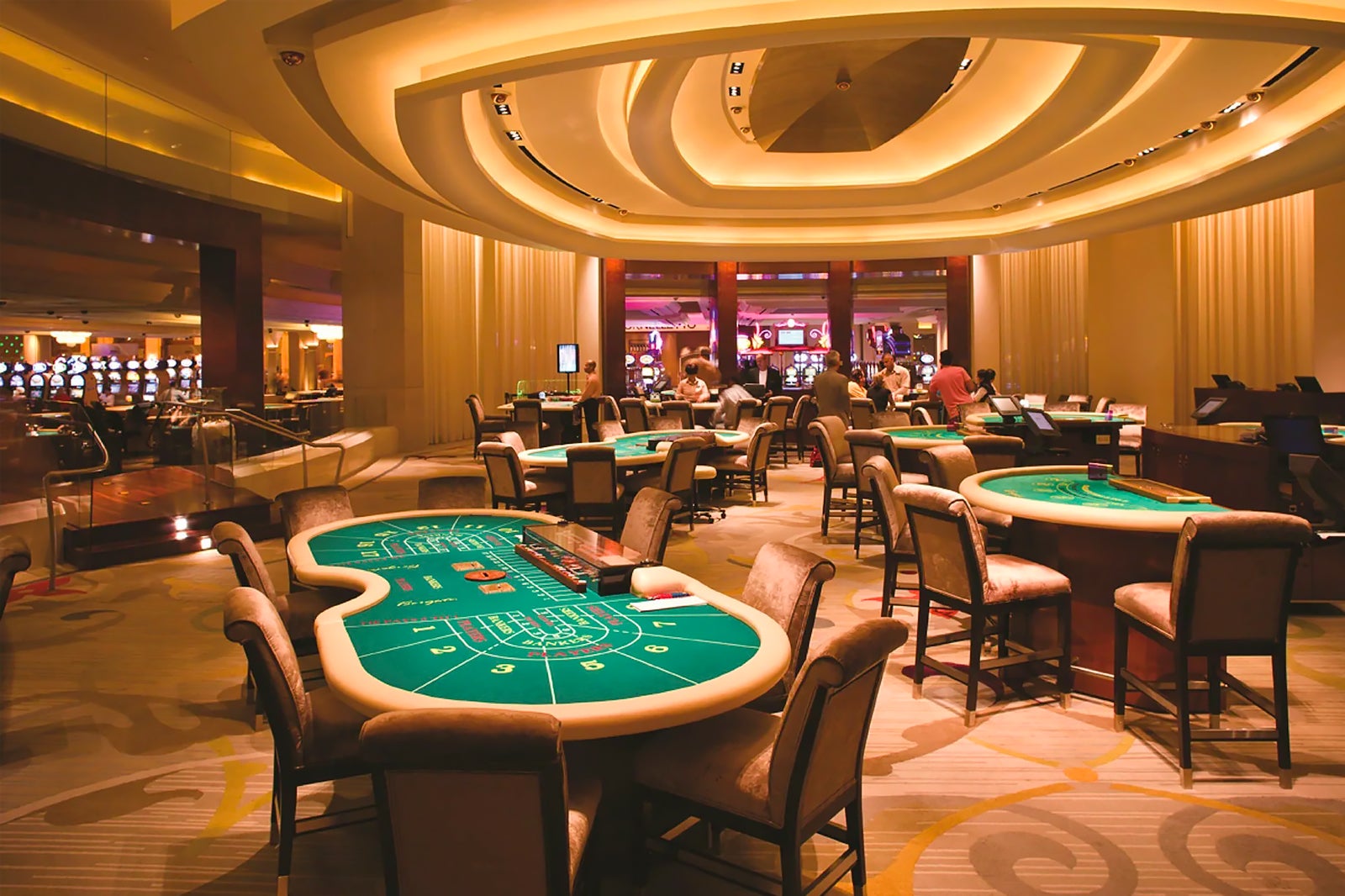
In the world of gambling, where chance and strategy intersect, a unique tapestry of beliefs emerges—one that weaves together luck, fate, and the enigmatic nature of casino games. Casinos, bustling with excitement and anticipation, are not just places for placing bets; they are also arenas where superstitions thrive. From the novice player to the seasoned gambler, these mysterious practices often shape how individuals approach the games they play, holding the belief that their actions can impact the outcome in ways that go beyond mere probability.
As players gather around roulette wheels, blackjack tables, and slot machines, the atmosphere is thick with stories of lucky charms, rituals, and codified behavior that defy logic yet provide a sense of comfort. It could be the case that it’s wearing a specific outfit, following a particular sequence of bets, or even avoiding certain numbers, the attachment to various superstitions reflects a deep-rooted desire to control the uncontrollable. This article delves into the captivating world of casino game superstitions, investigating the beliefs that simultaneously entertain and mystify those who dare to play.
Cultural Roots of Superstitions
Casino games have long been interwoven with an array of superstitions that can be traced to early civilizations. The beginnings of these ideas can be connected to humanity’s fundamental wish to influence the unpredictable outcomes related with luck and uncertainty. In ancient civilizations, activities of uncertainty were often connected to ritualistic practices. Players would seek aid or ask for favor from gods, believing that their actions could influence the odds in their advantage. This basis laid the basis for the multitude of superstitions that spread as casino games evolved over ages.
During the medieval age, gambling became a widespread pastime across European nations, and with it, a colorful tapestry of superstitions emerged. Players adopted numerous rituals and charms, believing they could affect the results of games. The value of digits, in particular, started to appear in superstitions pertaining to card games and dice. The number seven was often considered lucky, while different numbers carried bad connotations. da88 These ideas mirrored the societal contexts of the time, adapting as they moved through generations and adapted to emerging gaming environments.
As gambling houses developed in the 17th century, particularly in Italy and France, the atmosphere surrounding betting became saturated in enigma. The growing availability of gambling games allowed for the expansion and diversification of superstitions among players. Concepts like charmed charms, designated seating locations, and rituals gained prevalence, creating a unique culture within gambling establishments. As these customs continued to thrive, they became integral to the character of gambling games, illustrating how the past and society shape the notions that influence how gamblers connect with chance.
Common Gambling Myths
Beliefs surrounding gambling activities are plentiful and diverse, reflecting the dreams and anxieties of gamblers as they engage in random activities. One of the most prevalent views is that specific numbers bring fortune or misfortune. For example, the number 7 is often seen as a lucky digit, frequently sought after by gamblers looking for a positive outcome. Conversely, the number thirteen is routinely considered cursed, leading many gamblers to avoid it during their gambling periods.
A frequent superstition relates to rituals that players believe can influence their odds. It could be blowing gently on dice before a throw, using a specific gesture to place a wager, or even putting on particular items of clothing, many individuals feel that these rituals can sway fate in their favor. These practices offer a sense of power in an otherwise random environment, strengthening the idea that fortune can be created through individual convictions and habits.
Finally, the environment and vibe of the casino itself adds to superstition. Many players suggest that the presence of specific icons, such as four-leaf clovers or fortunate tokens, can enhance their chances of success. Additionally, players might adhere to the notion that victory streaks can be halted by mundane occurrences, such as a person walking past or a accident at the gaming surface. The collective environment in a casino can amplify these beliefs, creating a communal culture of myths that transcends single encounters.
Impact of Superstitions on Players
Superstitions play a important role in the psychology of casino players, often influencing their behavior and decision-making. Many gamblers believe that fortune can be influenced through various rituals, such as wearing a lucky charm, choosing particular hues, or avoiding certain numbers. This reliance on superstitions can create a sense of control in an environment that is inherently unpredictable. Players often feel more self-assured and involved when they feel that their actions could sway the result of a game in their favor.
The impact of these superstitions extends past individual players, affecting the overall atmosphere within the casino. For example, a player who holds the belief in the luck of a certain slot machine might draw a gathering, as others are fascinated by their apparent luck. This collective belief can amplify excitement and create a dynamic environment, leading to an captivating experience even for those who may not necessarily be believers themselves. The excitement around certain games can lead to increased participation and extended playing sessions, supporting the casino’s vibrant social scene.
In some instances, superstitions can lead to negative effects for players. Depending too heavily on rituals can result in bad gambling decisions, as some may overlook basic strategies in favor of baseless beliefs. Additionally, the stress to perform rituals may increase anxiety and tension, detracting from the enjoyment of the experience. Ultimately, while superstitions can enhance the thrill of playing casino games, they can also lead to poor choices that overshadow the fun and amusement intended in the casino experience.